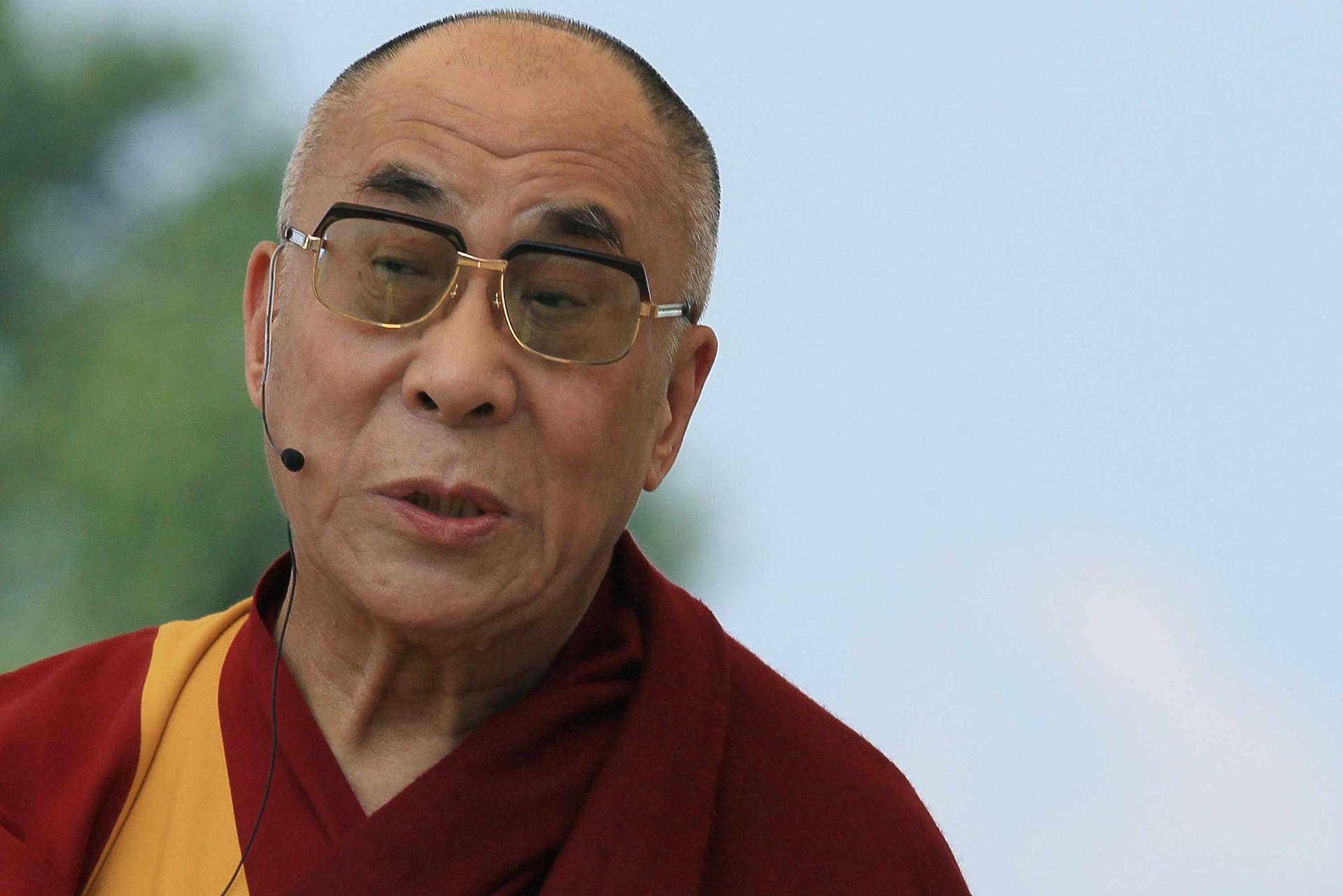Dalai Lama blames “cultural genocide” in Tibet for self-immolations
WASHINGTON, DC – JULY 09: The 14th Dalai Lama delivers a talk for world peace on the grounds of the U.S. Capitol on July 9, 2011 in Washington, DC.
The Dalai Lama has blamed a "cultural genocide" in Tibet, under the Chinese government's hard-line approach to the region, for the trend of self-immolations of Tibetan monks and nuns.
At least 11 Tibetans have set themselves on fire this year in protest of Chinese rule. Most were from monasteries in Aba county, in the ethnic Tibetan part of China's Sichuan province, which borders Tibet.
Just last week, a Tibetan nun from Dawu county in China burned herself to death.
More from GlobalPost: Opinion: What compels a Buddhist nun to burn herself alive?
"Chinese communist propaganda create [a] very rosy picture," the Dalai Lama told journalists in Tokyo, according to BBC News.
"Including many Chinese from mainland China who visit Tibet, they all have the impression things are terrible… Some kind of culture genocide is taking place," the exiled Tibetan spiritual leader said, Reuters reported.
"[In the] last 10, 15 years, there were some kind of hard-liner Chinese officials," he said.
"That's why, you see, these sorts of sad incidents happen, due to the desperateness of the situation."
China has condemned the self-immolations by monks and nuns.
State-run Xinhua news agency, in a typical turn of phrase, said the most recent nun suicide was "masterminded and instigated by the Dalai Lama clique," the BBC said.
"Not condemning self-immolations but playing them up and inciting others to follow examples is challenging the common conscience and moral bottom line of human kind," foreign ministry spokesman Hong Lei told reporters in Beijing last week, the Associated Press reported.
More from GlobalPost: Tibet: What does a trend of self-immolations tell us?
China says Tibet has always been part of its territory, but many Tibetans argue the region was virtually independent for centuries, and accuse Beijing of suppressing their religion and culture.
The Dalai Lama has lived in exile in India since 1959 after fleeing a failed uprising against Chinese rule in Tibet.
While the Dalai Lama now insists he seeks only more autonomy for his homeland, not independence, Beijing remains sensitive about Tibet amid continuing tensions.
More from GlobalPost: South Africa debates permitting visit of Dalai Lama
